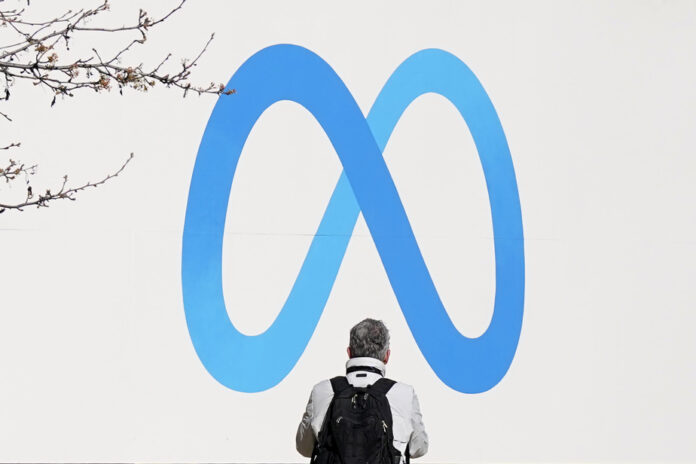(Ottawa) Liberals and Bloc Québécois criticize Meta for its ad campaign opposing Bill C-18 to force “web giants” to compensate the media for sharing their stories and articles online.
Heritage Minister Pablo Rodriguez said Thursday night that the digital company is ready to loosen its purse strings to run ads and change the settings on its platforms to exclude news content in Canada. Meanwhile, “she refuses to pay her fair share and abide by the law in Canada,” he said in a written statement.
“It shows how irresponsible it is, especially when it’s making billions of dollars from Canadian users,” he continued.
Earlier Thursday, Bloc Québécois MP Martin Champoux was also indignant.
“Meta can’t get enough of standing up to C-18, now they’re trying to expand their smear ad campaign on the airwaves of the very media they crush and despise by refusing to negotiate deals,” the elected official wrote on Twitter.
In his opinion, this is “not nearly runny” and he “salutes the media who stood up and refused to publish/run the Meta ad”.
The parent company of Facebook and Instagram confirms that it relays new advertising messages concerning Bill C-18, but not that it has come up against a refusal to broadcast by the media.
Cogeco says it has dismissed the “web giant’s” ad. “We wish to refrain from using our advertising time to broadcast a message that positions itself against the laws in Canada. However, we will welcome representatives of Meta on our airwaves if they wish to discuss their points of view, “said the marketing director of the Quebec media, Diane Patenaude.
In response to C-18, Meta followed through on its threat to block Canadians’ access to news content on its platforms.
The advertising strategy comes after governments, media and companies announced they will stop buying advertising space on Instagram and Facebook.
In an audio recording sent to La Presse Canadienne and billed as an “announcement”, Meta claims that “the Online News Act incorrectly assumes that social media companies are unfairly profiting from news content shared on our platforms, when the reverse is true.”
“The media voluntarily shares content on social media to grow their audience and improve their results. The only way we can reasonably comply with this legislation is to terminate access to news,” it can be heard.
Meta reports paying for advertising space on its Facebook platform. The message advising Canadian users of the platform that they will no longer have access to journalistic content on it began to be broadcast on Wednesday.
“We want to be clear and transparent with Canadians about upcoming changes to our services,” a company spokesperson said.
Bill C-18 passed in late June seeks to force Meta and Google to enter into “fair” indemnification agreements with a variety of media outlets for sharing news content. In the absence of agreements, digital companies will be imposed a framework for negotiations next December.
This three-step process is expected to kick in after a period in which “web giants” can voluntarily agree with a range of players, including local media, to be exempt. Arbitration is the last element of the negotiation framework.















